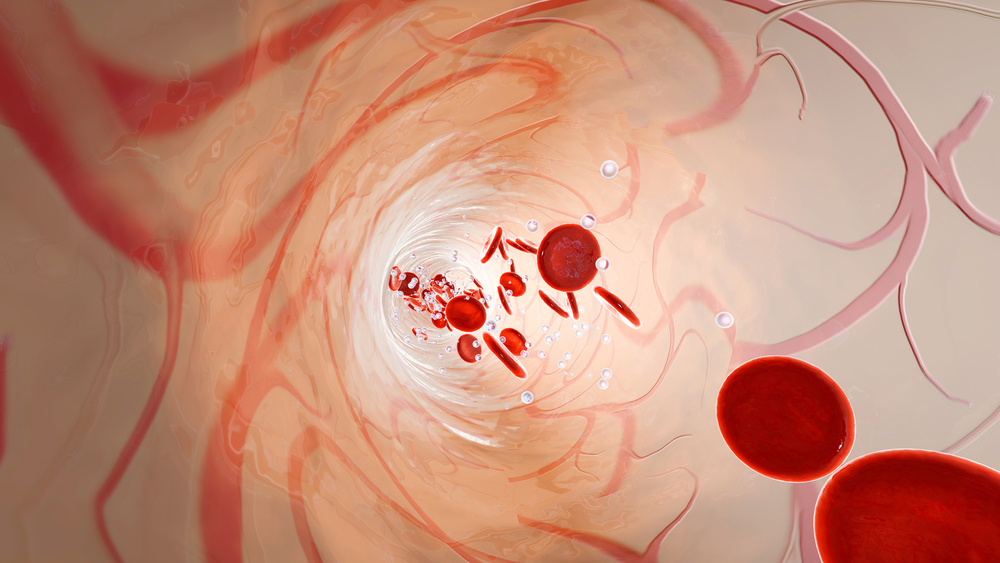FAQs in Cold Agglutinin Disease
Written by |

A diagnosis of cold agglutinin disease (CAD) can be challenging for patients and their families. As a rare disease, it can be difficult to find information about CAD or its treatments.
To help, below are answers to some frequently asked questions about CAD.
What is CAD?
CAD is a rare autoimmune disease in which immune cells mistakenly attack the red blood cells that carry oxygen to tissues. This results in a type of anemia (loss of red blood cells) that is made worse by cold exposure.
How do I know if I have CAD?
The most common symptoms of CAD are fatigue and weakness due to anemia. Many patients also have a condition called Raynaud’s phenomenon, marked by the pinching in cold weather of small vessels that carry blood to the hands and feet.
How prevalent is CAD?
CAD is rare, diagnosed in about 1 in every 80,000 people. It mostly affects those over age 50 or 60.
Is CAD contagious?
CAD is not contagious, and cannot be transmitted from person to person.
Can CAD be inherited?
Genetics may play a role in how CAD develops, but at this time, there is no known genetic cause.
Where can I find out more about treatments and research?
We regularly publish articles on our website that cover a range of news of relevance to CAD patients, including ongoing research and potential treatments in development.
The following organizations also offer information about treatment options and ongoing research in CAD:
- American Autoimmune & Related Diseases Association (AARDA)
- Cold Agglutinin Disease E-Support Site
- Genetic and Rare Diseases (GARD) Information Center
- March of Dimes
Last updated: July 24, 2019
***
Cold Agglutinin Disease News is strictly a news and information website about the disease. It does not provide medical advice, diagnosis, or treatment. This content is not intended to be a substitute for professional medical advice, diagnosis, or treatment. Always seek the advice of your physician or other qualified health provider with any questions you may have regarding a medical condition. Never disregard professional medical advice or delay in seeking it because of something you have read on this website.





